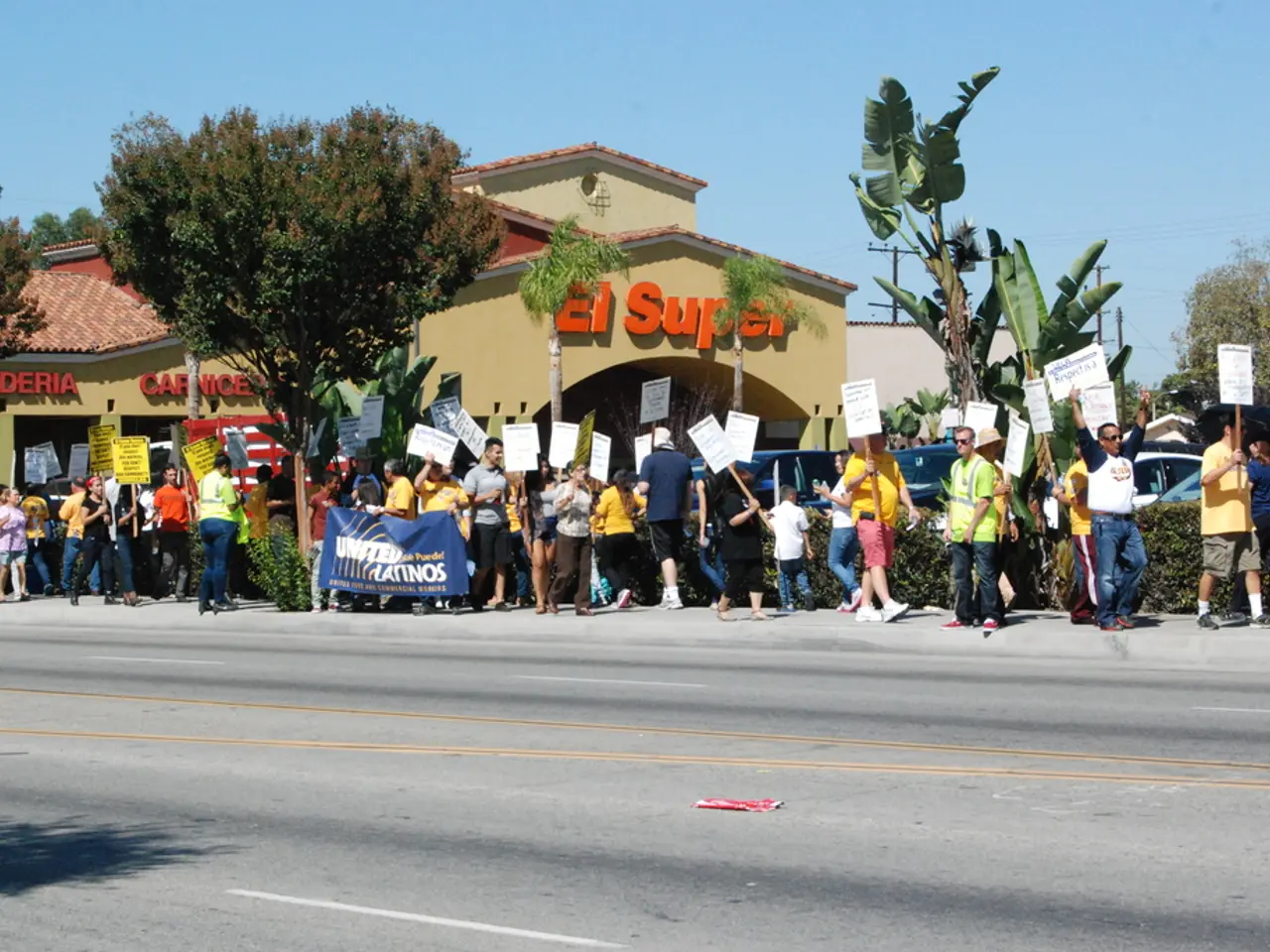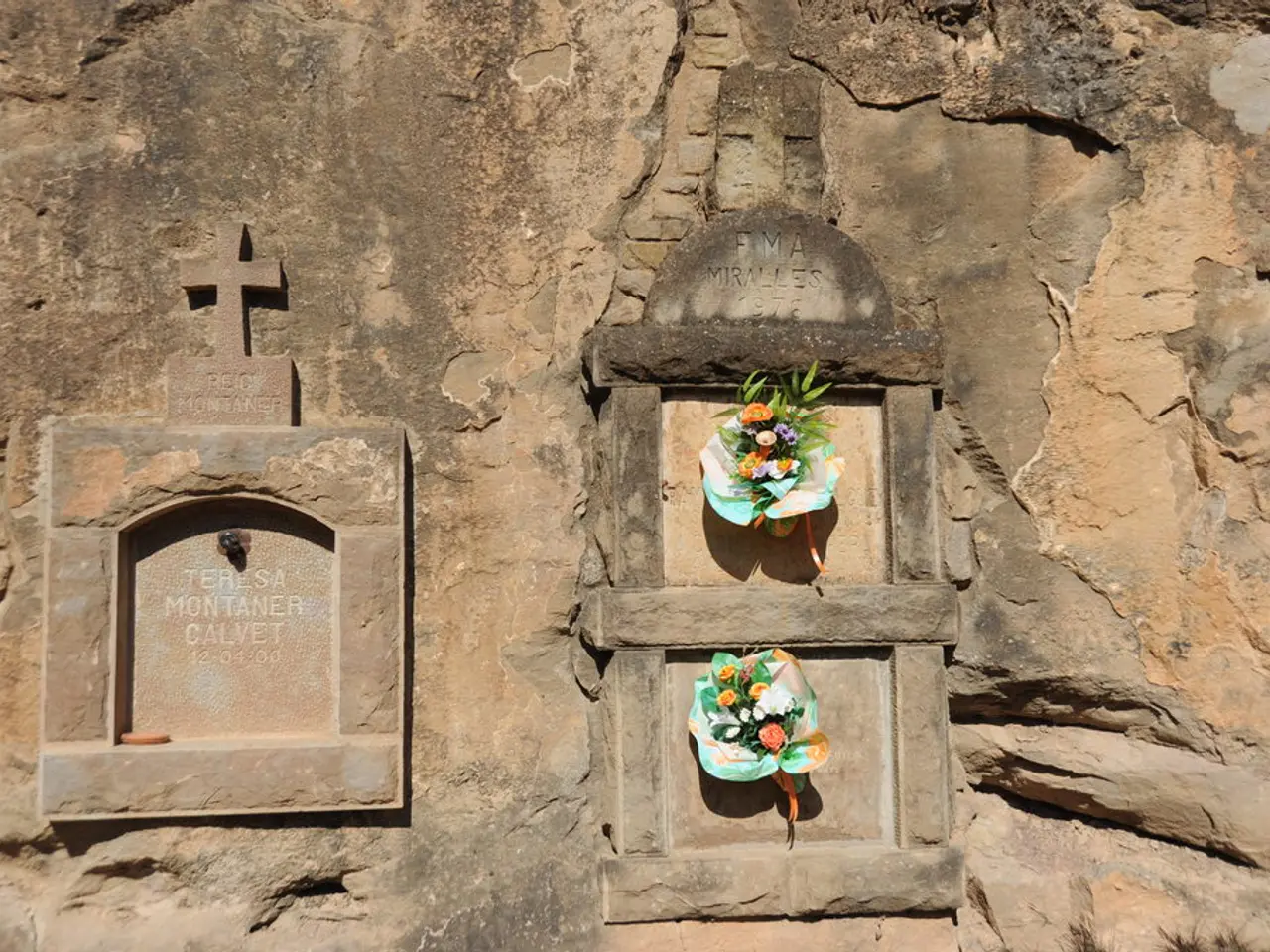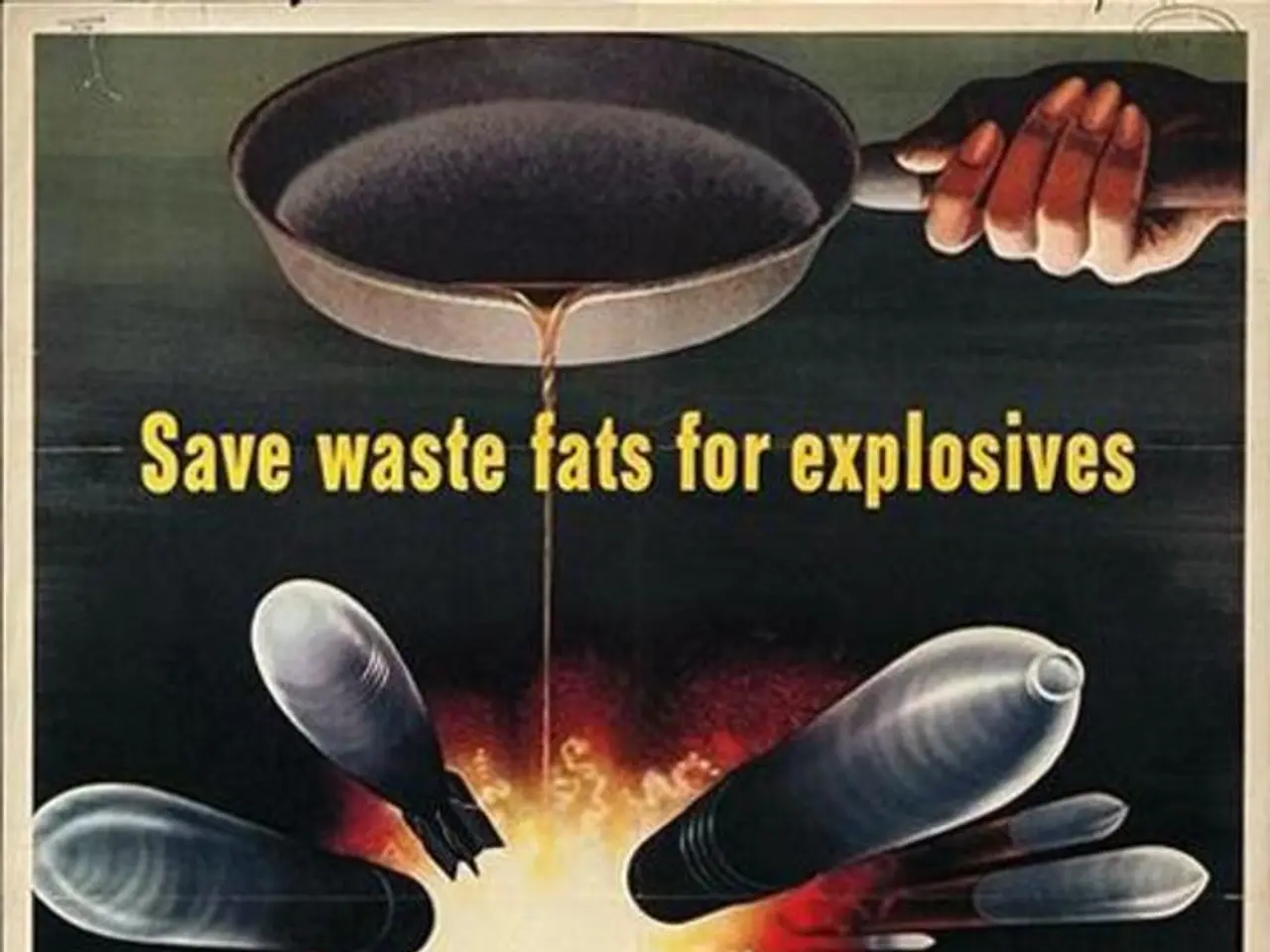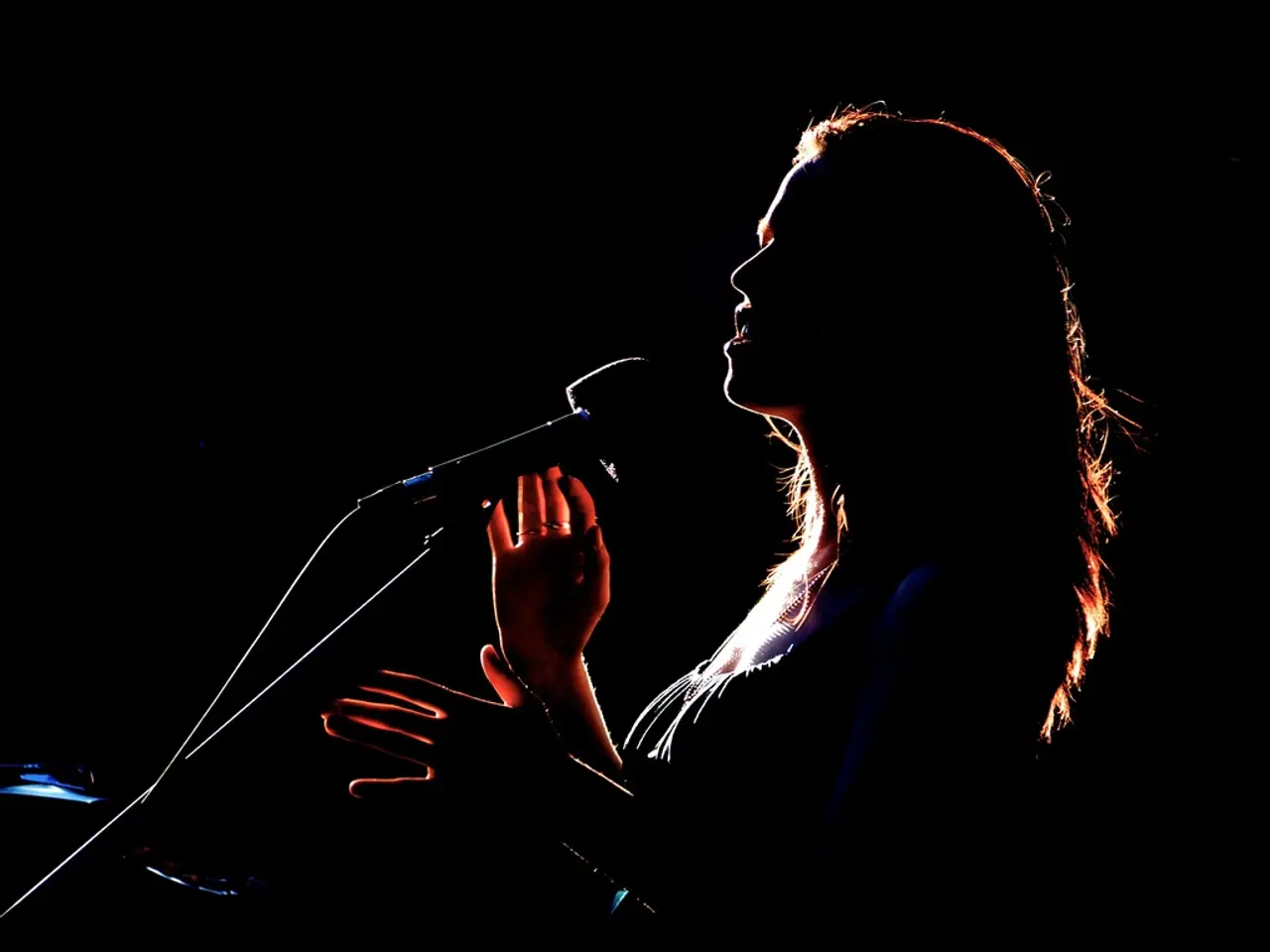Trump's key disadvantages compared to Hillary Clinton
In the heat of the 2016 presidential race, Democratic insiders expressed a sense of caution, despite positive polling and party cohesion, primarily due to concerns over the unpredictability of Donald Trump and the broader political environment.
According to a CNBC article posted on 6th March 2016, authored by Margie Omero, a plurality of Democrats in the latest national NBC News/Wall Street Journal poll believed that the primary had been good for their party. However, the article highlighted the clear advantages Clinton had in the Democratic primary.
Clinton, despite trailing Sanders in "enthusiastic support" by single digits, was the preferred choice of the majority. Yet, Democratic insiders were wary, not just because of polling or party unity, but due to the unusual intelligence controversies, opposition research secrecy, and the unpredictable nature of Trump as an opponent.
The controversies surrounding opposition research and intelligence assessments added complexity to the campaign. For instance, the Clinton campaign was indirectly linked to the Steele dossier, a controversial document on Trump-Russia connections, though campaign leaders reportedly did not fully know or control its creation or use, potentially creating internal uncertainties.
Later investigations and reports raised allegations and counter-allegations about how the U.S. intelligence community handled information about Trump and Russia, and about strategies used by Clinton's team. Some whistleblower claims argued that Clinton's team deliberately tried to link Trump to Russia, while intelligence agencies might have omitted some politically sensitive information to protect Clinton. This contributed to skepticism about official narratives and how the campaign was managed.
Additionally, there was a belief among some Washington insiders and commentators that Russian actors actually preferred Clinton to win due to perceived vulnerabilities, adding a complex geopolitical layer to the campaign dynamics. This may have indirectly influenced internal Democratic concerns through the distrust of the information environment around the election.
Despite these concerns, Democrats were more optimistic than one might expect during a supposed contentious primary. In the latest CBS/New York Times poll, over eight in ten Democrats said Hillary Clinton would be able to unite the party. While slightly more than a quarter (28 percent) of Sanders voters said they wouldn't support Clinton if she's the nominee, this was slightly less than the 35 percent of 2008 Clinton voters who said at the time they would not support Obama. Moreover, 80 percent of Democrats nationally felt "hopeful" about the future of their party.
However, a quarter of Republicans thought a Trump presidency would "make the U.S. image in the world worse", emphasising the seriousness of the possibility of Trump becoming president. Fewer than two-thirds of Republicans predicted unity behind their candidate, and half of Trump's own party's base wished for a different nominee.
In conclusion, the 2016 presidential race was marked by unusual intelligence controversies, opposition research secrecy, and the unpredictable nature of Trump as an opponent, causing Democratic insiders to express caution and worry about Clinton's chances despite outward appearances of strength.
- In the thick of the 2016 presidential race, news articles and surveys hinted at a sense of optimism among Democrats, but political insiders remained vigilant due to Donald Trump's unpredictability and the overarching political environment.
- The Democratic insiders' concern was not limited to polling data or party cohesion; it encompassed aspects like unusual intelligence controversies, covert opposition research, and the uncertain political climate.
- A substantial number of Democrats in the latest national NBC News/Wall Street Journal poll felt that the primary had been advantageous for their party, yet they also acknowledged Clinton's clear advantages in the Democratic primary.
- Statistics revealed that Clinton, despite trailing Sanders in enthusiastic support, was the preferred choice of the majority, although this did little to assuage the worries of Democratic insiders.
- Podcasts and general-news platforms discussed the intricate web of controversies surrounding opposition research and intelligence assessments, raising questions about how these matters affected the campaign's strategies and dynamics.
- Another critical issue involved allegations about the Clinton campaign's role in the creation and use of the Steele dossier, which added to the ambiguity surrounding the campaign and potentially created internal uncertainties.
- As the election approached, public behavior and opinion towards the candidates, along with geopolitical concerns regarding potential Russian interference, contributed to the complexities and uncertainties that marked the 2016 presidential race.








